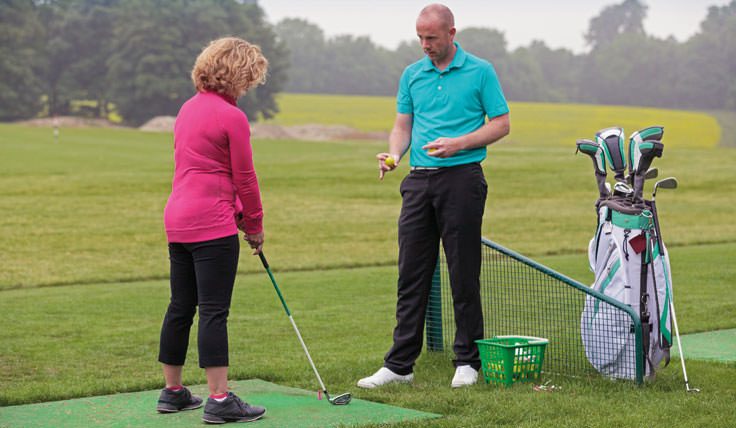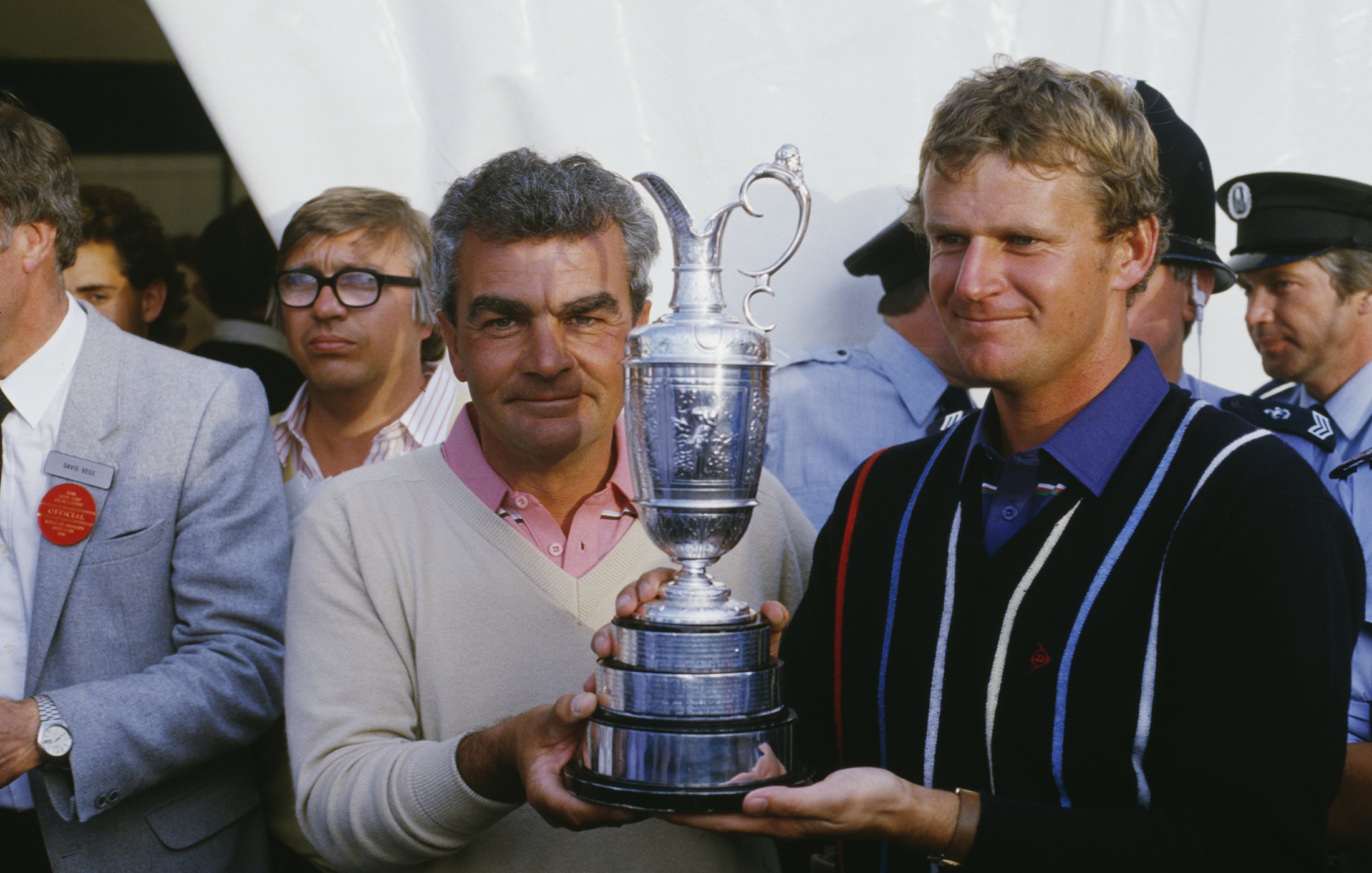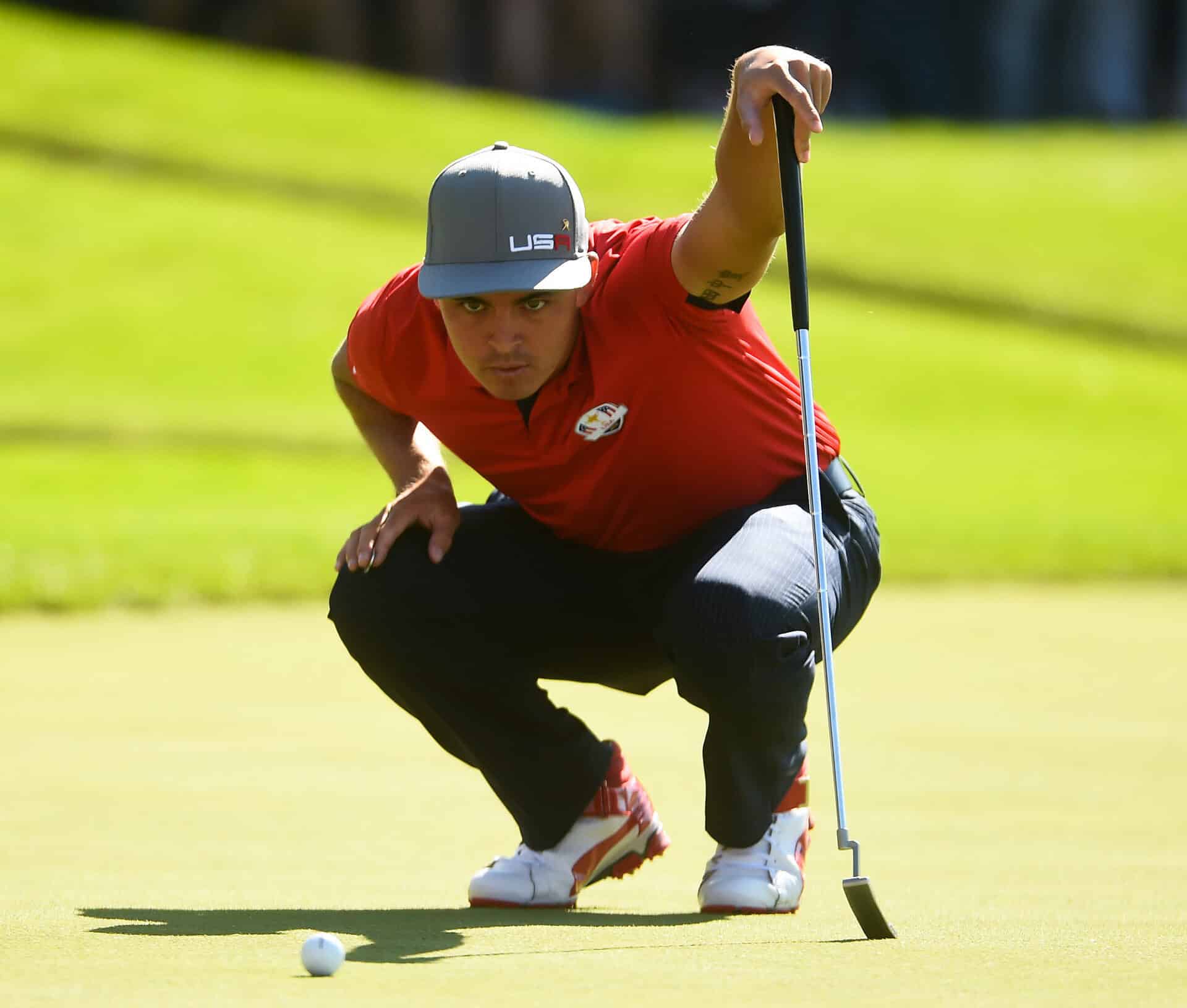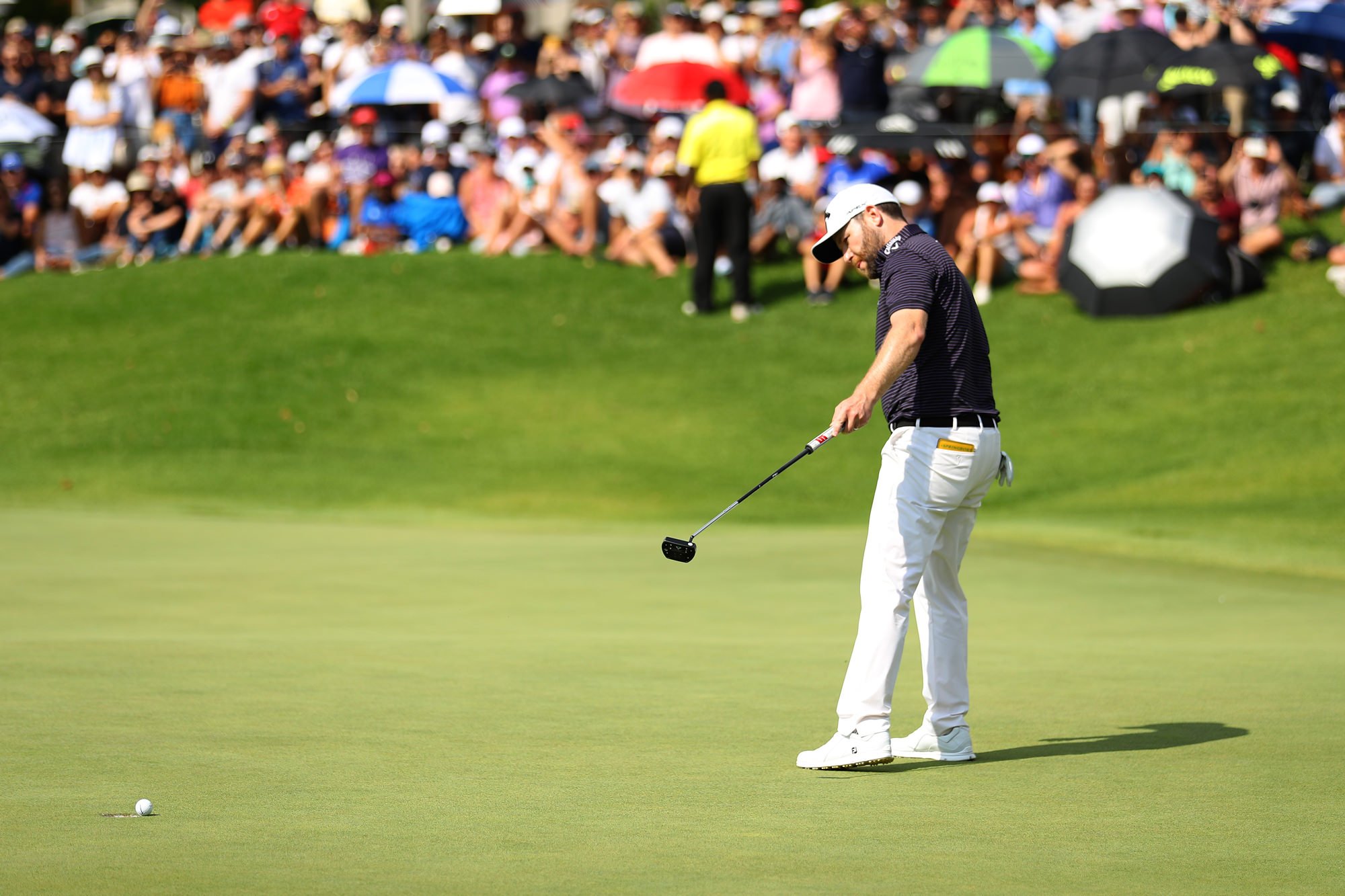
Taking responsibility of your game will enhance your golf experience
I read an article in the newspaper recently which at first glance had me checking to see if it wasn’t April Fool’s Day.
Apparently someone was about to sue Camelot because winning the lottery had made her life a misery.
She had won an eye-watering amount of money but, a couple of years on, her life had “no purpose”.
Rather than perhaps thinking she herself had some kind of input into her own wellbeing she had decided to take the route of many others and find someone else to blame for her apparent misery.
What possible connection does this individual have with your own game of golf?
It may be that I am now getting a bit too long in the tooth but I see day in day out players refusing to take responsibility.
The greens were awful, they got the wrong end of the draw and the wind picked up in the afternoon making the course more difficult, the hotel facility laid on for them by the tournament organisers was a dump, their coach had given them too much to think about, their caddie hadn’t managed to be a cross between Peter Kay and Confucius by not saying the right things at precisely the right time in the right way to keep them happy.
I am sure you get the picture.

At club level it tends to be about things like the pace of play and inconsiderate playing partners.
Pace of play is a burden on the game and there are a lot of players who are wholly inconsiderate, but what you always have to ask yourself is: Is it useful to have my attention here while I am trying to shoot as low a score as possible or get the most out of my golfing experience?
We cannot make the world and other people bend to our whims and wishes but we can choose how we respond to what the world throws at us. We can decide to take responsibility for how we respond to the cards dealt our way.
If we are constantly playing the role of passive victim then our brain will always be in search of something or someone to blame. Not only will it search for somebody or something to blame, it will find it.
The problem is when your brain has found its target it will then focus all of your precious attention on that perceived slight. The precious attention you need to get the ball around the golf course and get the most out of your day.
I have said many times before that, for me, the single biggest mental skill of all is to understand the role of your attention and be able to choose to put your attention on aspects of your experience that are useful as opposed to useless.
Taking full responsibility is one of the most liberating things you can do. If you are taking too many putts during a round then find someone who can help you improve.

If you don’t like to have a lot of information about your swing then tell your coach exactly the kind of coaching you want. If you still keep getting a head full of positions, dos and don’ts, then change your coach.
Don’t, however, blame your coach if you don’t let him know. If you like your caddie to tell you jokes during the round then employ someone with a sense of humour.
If you like to be quiet in between shots then let him know but don’t expect him to be a mind reader if you haven’t talked it through.
When you really take responsibility for your golfing experience you put yourself in a position to get the most from your game.
It doesn’t mean you will come in with a good score, but you will give yourself a great chance. If nothing else you will be more fun to be around and less critical of others.
I have seen time and time again when a player really gets the idea of taking responsibility then a whole host of good things fall into place. Possibilities open up and you get the chance to see just what you are actually capable of achieving.
The decision is ultimately yours.










